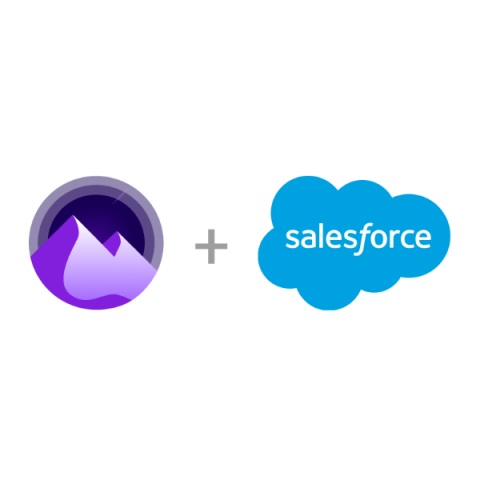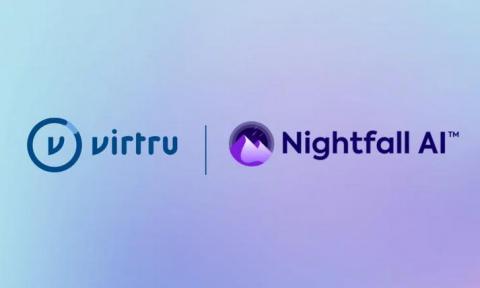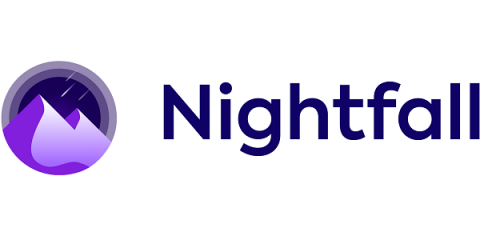How to Test for PCI Compliance
PCI compliance is a complicated matter. There are a number of different steps to meet and validate your achievement of the PCI DSS standard. In this guide, we’ll break down the steps in PCI compliance testing, the different types of PCI compliance tests, and how much it costs to complete this process.











